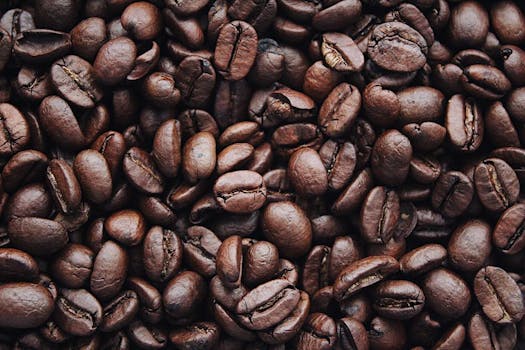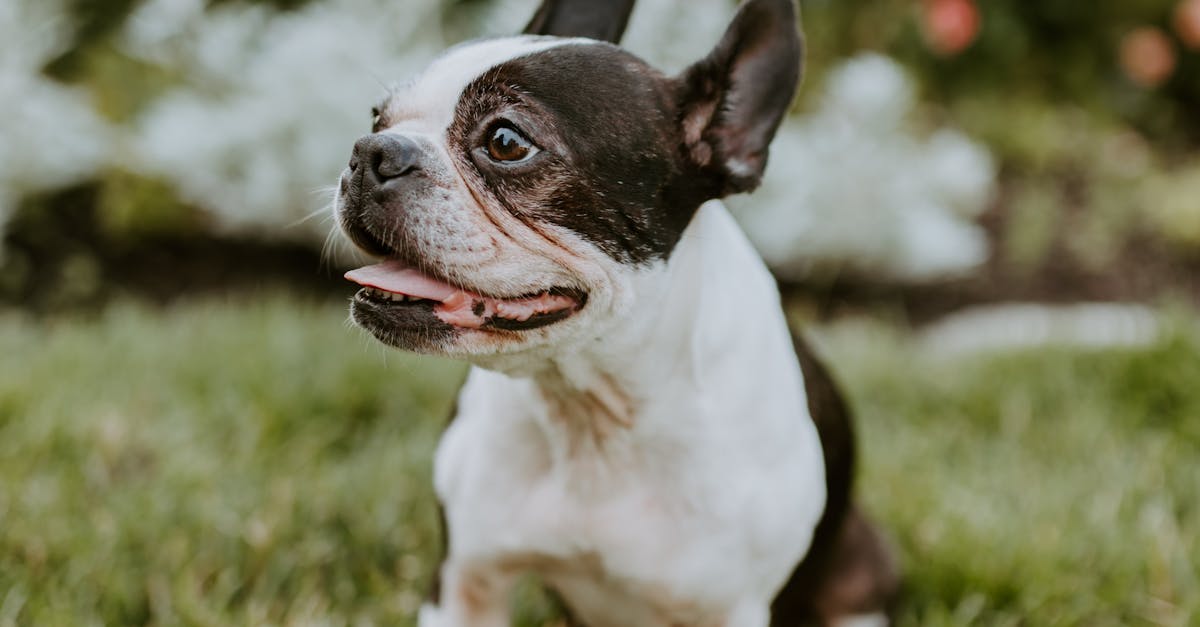It’s a classic image: a happy cat lapping up a bowl of milk. But is milk really a safe treat for your feline friend? If you’ve ever wondered whether you can feed your cat milk, you’re not alone. Many pet owners are unsure about how milk fits into a cat’s diet. Let’s break it down so you can make an informed decision for your furry companion.
🩺 Vet Insight
Cats and milk have been linked together for decades, but the truth is, most adult cats are lactose intolerant. This means their digestive systems struggle to break down lactose, the sugar found in milk. While kittens can digest milk from their mothers, they lose the enzyme lactase as they grow older, making cow’s milk difficult to process.
When cats consume milk, it can lead to digestive upset, including symptoms like:
- Diarrhea
- Vomiting
- Abdominal discomfort or bloating
- Excessive gas
While a small amount of milk might not harm every cat, it’s usually not worth the risk. Your cat’s nutritional needs are best met through a balanced diet specifically formulated for felines.
⚠️ Ingredients to Avoid
Not all milk products are created equal, and some can pose more risks than others. Here are a few types of milk and dairy products to avoid:
- Whole milk: High in lactose and fat, making it harder for cats to digest.
- Flavored milk (e.g., chocolate or strawberry): These often contain sugar, artificial flavors, or even toxic ingredients like chocolate.
- Cheese and cream: Although lower in lactose, these are high in fat and can upset your cat’s stomach.
- Plant-based milk (almond, soy, etc.): These often contain additives or ingredients like xylitol, which can be harmful to pets.
It’s important to remember that cats are obligate carnivores, meaning they thrive on animal-based proteins, not dairy or plant-based products.
✅ Safer Alternatives
If your cat seems to love milk or you want to offer a special treat, there are safer options available:
- Cat-specific milk: These products are lactose-free and formulated specifically for cats. They can be found at most pet stores.
- Plain water: While it might not sound exciting, fresh water is always the healthiest option for hydration.
- Wet cat food: Many wet cat food options are rich in moisture and provide hydration alongside essential nutrients.
- Bone broth: Unsalted, plain bone broth can be a tasty and safe treat for cats. Just ensure it doesn’t contain onions, garlic, or other harmful additives.
When introducing any new food or treat to your cat, do so gradually and monitor for any signs of digestive upset.
💡 Final Advice
While the image of a cat drinking milk may be endearing, it’s not the healthiest choice for your feline friend. Most adult cats are lactose intolerant, and giving them milk can lead to unpleasant digestive issues. Stick to water, cat-specific milk, or other safe alternatives to keep your cat happy and healthy.
If you’re ever unsure about your cat’s diet or want to introduce a new treat, consult with a veterinarian. They can guide you on what’s safe and appropriate based on your cat’s specific needs.
FAQs
Q: Can kittens drink milk?
A: Kittens can drink their mother’s milk or a specially formulated kitten milk replacer. However, cow’s milk is not recommended, as it can cause digestive upset.
Q: What should I do if my cat accidentally drinks milk?
A: Monitor your cat for signs of digestive upset, such as diarrhea or vomiting. If symptoms persist or worsen, contact a veterinarian for advice.
Q: Is lactose-free milk safe for cats?
A: Lactose-free milk is less likely to cause digestive issues, but it should only be given occasionally and in small amounts. It’s not a necessary part of a cat’s diet.
Book a $49 online vet consultation at https://www.dialavet.com for fast, expert advice.























